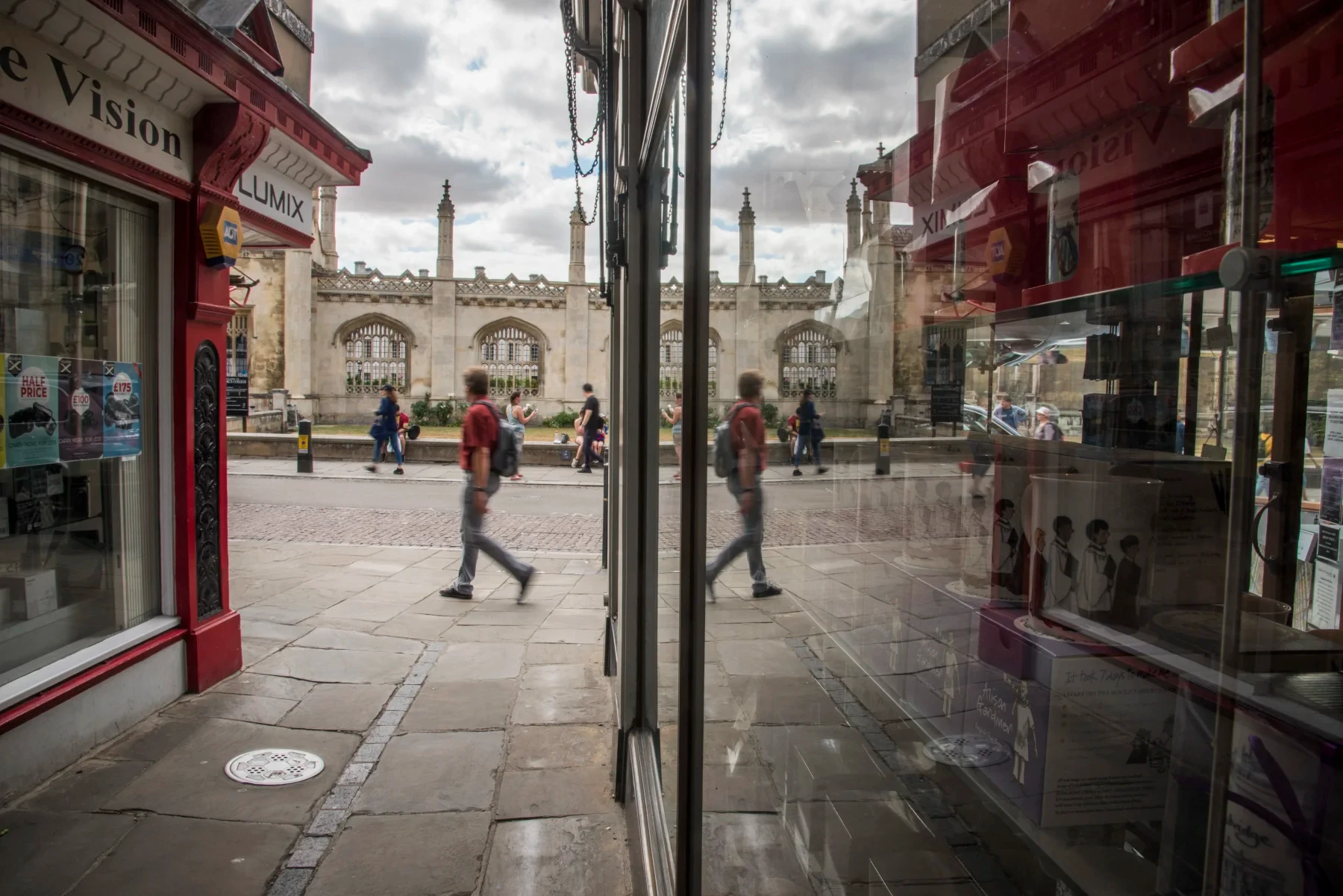The Week in Education – 27.10.2017

Are Oxford & Cambridge accountable for a lack of student diversity?
Diversity and equal opportunity in the UK’s elite universities is a constantly simmering subject amongst experts and affected alike; however the heat was turned up last week following the release of what some consider damning admissions statistics by David Lammy, a former Labour minister for education.
What’s Included in an Oxford Summer Course?
Our tailored summer courses for ages 9-24 include all teaching and academic content, accommodation, meals (including Friday night formal dinners), a prize-giving ceremony, all-day trips and activities, airport transfers, access to Oxford Summer Courses Foundations, travel and medical insurance, and a welcome pack. Apply now to secure your spot in one of our comprehensive summer courses.
Obtained though Freedom of Information requests to Oxford and Cambridge, the published data draws attention to a longstanding skew towards bastions of private education such as Eton as well as multiple Oxbridge colleges who did not accept a black undergraduate for several years running (2010-2015). Lammy’s article pulls no punches, concluding that with a divide so abundantly clear “it is time to ask the question of whether there is systematic bias”. A pertinent question indeed, though one which might not be answered by the “social apartheid” of Oxbridge that Lammy infers.
Core to the rebuttal is the simple fact that in order to attend, you have to apply. Lammy’s statistics deal with the overall volume of offers, without considering the number of applications. Compared to “White” applications, those from Black students of African and Caribbean backgrounds make up just over 3%. Normalising these figures to obtain the percentage of students who received an offer, we can find more parity between ethnicities – a 25% offer rate for students identifying as “Black or Black British – Caribbean” versus 28% for “White” students.
The question Lammy poses is a complex and the answer requires more than simple finger pointing. Other sources tell us that students from ethnic minorities are less likely to accept once an offer is made or to achieve their predicted grades versus their “white” peers, highlighting financial, social and educational variables that stretch beyond the remit of universities. Changing this trend is no easy task, but no less worthwhile for it and Lammy cannot be faulted for continuing the conversation around it.
Our sister project Universify works to provide students from non-traditional backgrounds the opportunity to fulfil their potential at top universities. You can find out more HERE or vote to support their application for the Aviva Community Fund.
Apple CEO opens Oxford’s latest start-up incubator to compete with Cambridge
The Oxford Foundry opened last week with Apple CEO, Tim Cook, attending and taking the opportunity to share his experience and select words of wisdom with those students hoping to build their own entrepreneurial empires.
The venue has been initiated by the Said Business School and aims to build a community of innovation across the university; inspiring and supporting entrepreneurial skills while creating commercial ventures, with a focus on diversity within tech industries. With Cambridge’s history of success in this field, the rival university is quick to claim the upper hand and Oxford are keen to challenge this.
Cook encouraged budding entrepreneurs to ‘embrace diversity and recruit friends who think differently to you’. Touching on the importance of challenging feedback along with the gender bias still prominent in tech; “Leadership is about surrounding yourself with the right people. It’s sitting in a meeting room with a handful of people and asking those two people who are saying very little what they’re thinking. Maybe they don’t agree. Maybe it’s a woman and she’s not [getting the chance] to speak – that happens a lot in the tech industry.”
The Oxford Foundry will have a student advisory board and partnerships with student societies across the university, including Oxford Entrepreneurs, Europe’s largest society for entrepreneurship, with more than 10,000 members.
Asia trumps North America in Engineering and Technology
Based on the latest Times Higher Education rankings, Asia now homes more world-class universities for Engineering and Technology than North America.
132 of the 500 universities included are now based in Asia, narrowly beating the 127 institutions shared between the US and Canada. China, in particular, has made considerable investments to science and technology and the payoff from this can now be seen following the table’s expansion to 500 institutions.
However, when it comes to quality, North America still tops the table with Stanford University and the California Institute of Technology taking 1st and 2nd respectively. Massachusetts ranks at 4th, making for 3 US institutes in the top 5. Peking, Asia’s highest ranking, jumps 5 places to 7th this year but still falls short of the NA elite.
Ready to Join Oxford Summer Courses?
After submitting your application, we'll be in touch very soon to inform you of the outcome. Apply now to begin your journey with Oxford Summer Courses!
About the author
Rhys Mackenzie is the Website Marketing Manager at Oxford Summer Courses. With extensive experience in SEO and digital content management, they are passionate about showcasing the best that Oxford has to offer. Their previous role at Experience Oxfordshire gave them a deep appreciation for the city's unique cultural and academic offerings. Learn more about Rhys here.
Share this article
Summary
Oxford and Cambridge face diversity scrutiny. Apple CEO opens Oxford start-up incubator. Asia surpasses North America in Engineering and Technology. Apply for Oxford Summer Courses.

